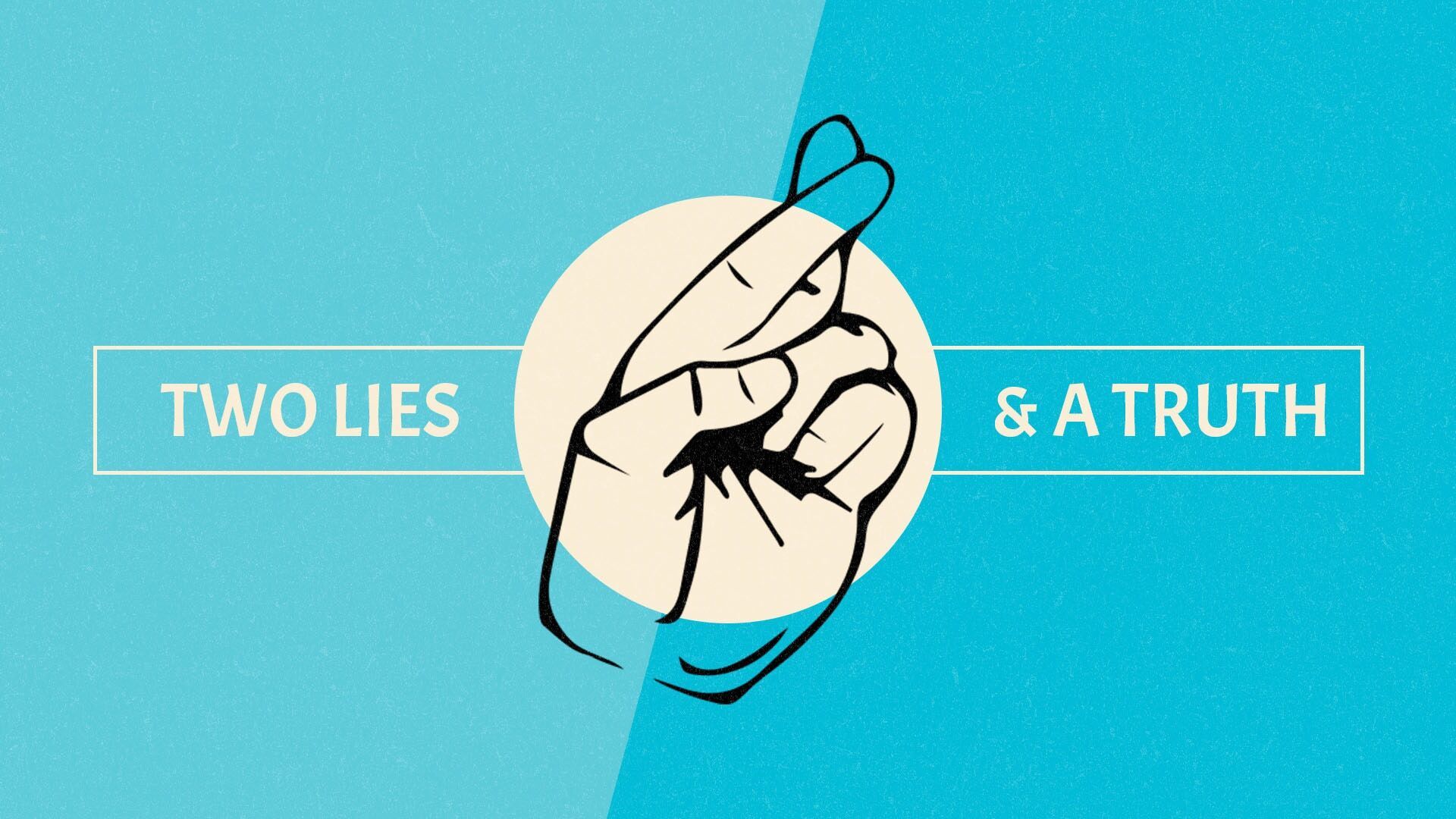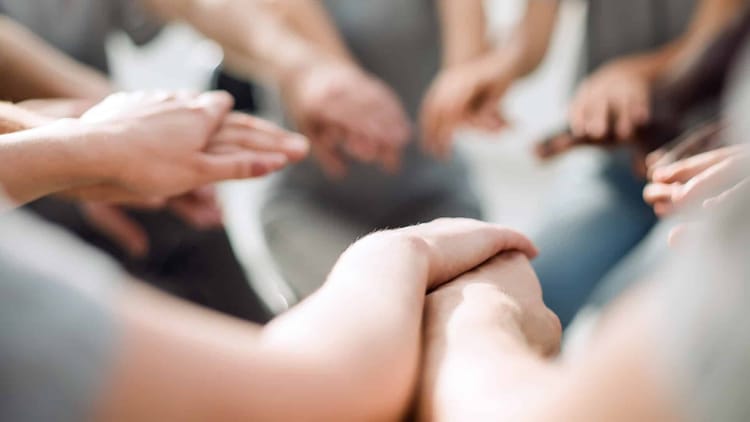A Thankful Heart

Big Idea: Practicing gratitude can change our perspective and increase contentment in a world that constantly pushes us to want more.
I really want to thank you for your prayers over the past week. Many of you know what it’s like to deal with an aging parent. I had a good trip in many ways – a tough one, but a good one. It’s good to be back home.
It’s that time of year. Life is hectic, and like Israel did long ago, we should occasionally take breaks to gain perspective. That’s why we celebrate holidays (holy-days), especially this one, which is one of my favorites and least commercialized, at least in Canada.
Thanksgiving is a time to pause, to take stock, and give thanks to God. All of us have plenty of reasons to be grateful.
Let me ask you a question: What are you grateful for? Here are five items. They may be simple things, but take a minute to list just five.
Praise the LORD!
Give thanks to the LORD, for he is good!
His faithful love endures forever.
Who can list the glorious miracles of the LORD?
Who can ever praise him half enough?
(Psalm 106:1-2)
The Opposite of Thankfulness
Our human tendency isn’t to be grateful, but to want more.
We spend more time thinking about what we want and don’t yet have than being grateful for what we already have.
Our culture, our natures: accumulating, dreaming (car, house, vacation, clothes, toys), admiring what others have. Media: we need it, we deserve it, it will make us happy.
Do not covet your neighbor’s house. Do not covet your neighbor’s wife, male or female servant, ox or donkey, or anything else your neighbor owns.” (Exodus 20:17)
Paraphrase: “Don’t covet your neighbor’s house. Don’t covet your friend’s spouse, their cleaning lady, their car, or anything else that your neighbor owns.”
This isn’t one of the commandments that gets in jail – like murdering, stealing, or bearing false witness. It’s socially acceptable. It’s the reason many of us live. But it’s wrong, and dangerous.
It's sad to consider that accumulating possessions seems to be a main purpose in life, especially since we never feel satisfied with what we have.
Jesus said:
Then he said, “Beware! Don’t be greedy for what you don’t have. Real life is not measured by how much we own.” (Luke 12:15)
Another translation:
“Beware, and be on your guard against every form of greed; for not even when one has an abundance does his life consist of his possessions.” (NASB)
Covetousness = Wanting what we don’t have; not being content with what we already have.
You might not see coveting as an issue. Here is the problem with coveting. It’s not only the opposite of thankfulness:
One: It gives us the wrong purpose.
We are meant for greater things. It's not what life is about.
"Wherever your treasure is, there your heart and thoughts will also be." (Matthew 6:21)
Two: It damages relationships.
Coveting destroys relationships.
How many couples fight about money?
It blinds us to the poor - to those in financial need. It makes us think we're in need.?
Three: It prevents happiness.
"In our minds, we must see that it is not happiness that makes us grateful, but rather gratefulness that makes us happy." (Albert Clark)
Four: It's only temporary.
"Don't store up treasures here on earth, where they can be eaten by moths and get rusty, and where thieves break in and steal. (Matthew 6:19)
20% of the world’s population are on the brink of starvation. 45% live on less than $2 a day.
Staying Thankful
“O LORD our God, even these materials that we have gathered to build a Temple to honor your holy name come from you! It all belongs to you! (1 Chronicles 29:16)
Since everything God created is good, we should not reject any of it. We may receive it gladly, with thankful hearts. 5For we know it is made holy by the word of God and prayer. (1 Timothy 4:4-5)
False ascetism is the belief that matter is evil; leads to restrictions on marriage and food – belief that there’s virtue in not enjoying God’s gifts.
Three attitudes:
- It all belongs to God. It’s not mine to covet or accumulate; it’s God’s. I should neither own it, nor should it own me. It’s God’s.
- It’s all good. There’s no credit for not enjoying it.
- Our responsibility: to receive it gladly, with thankful hearts, through the Word of God and prayer.
My Response
Negative: What do I need to stop doing in order to be more grateful on a daily basis?
Positive: What do I need to start doing in order to be more grateful on a daily basis?





